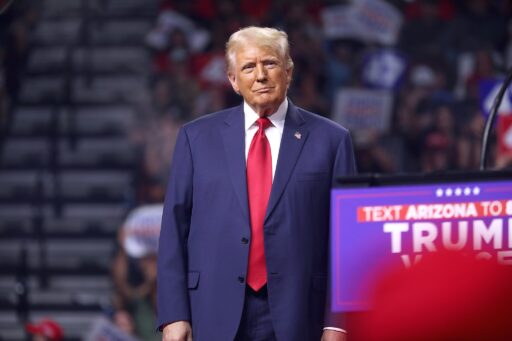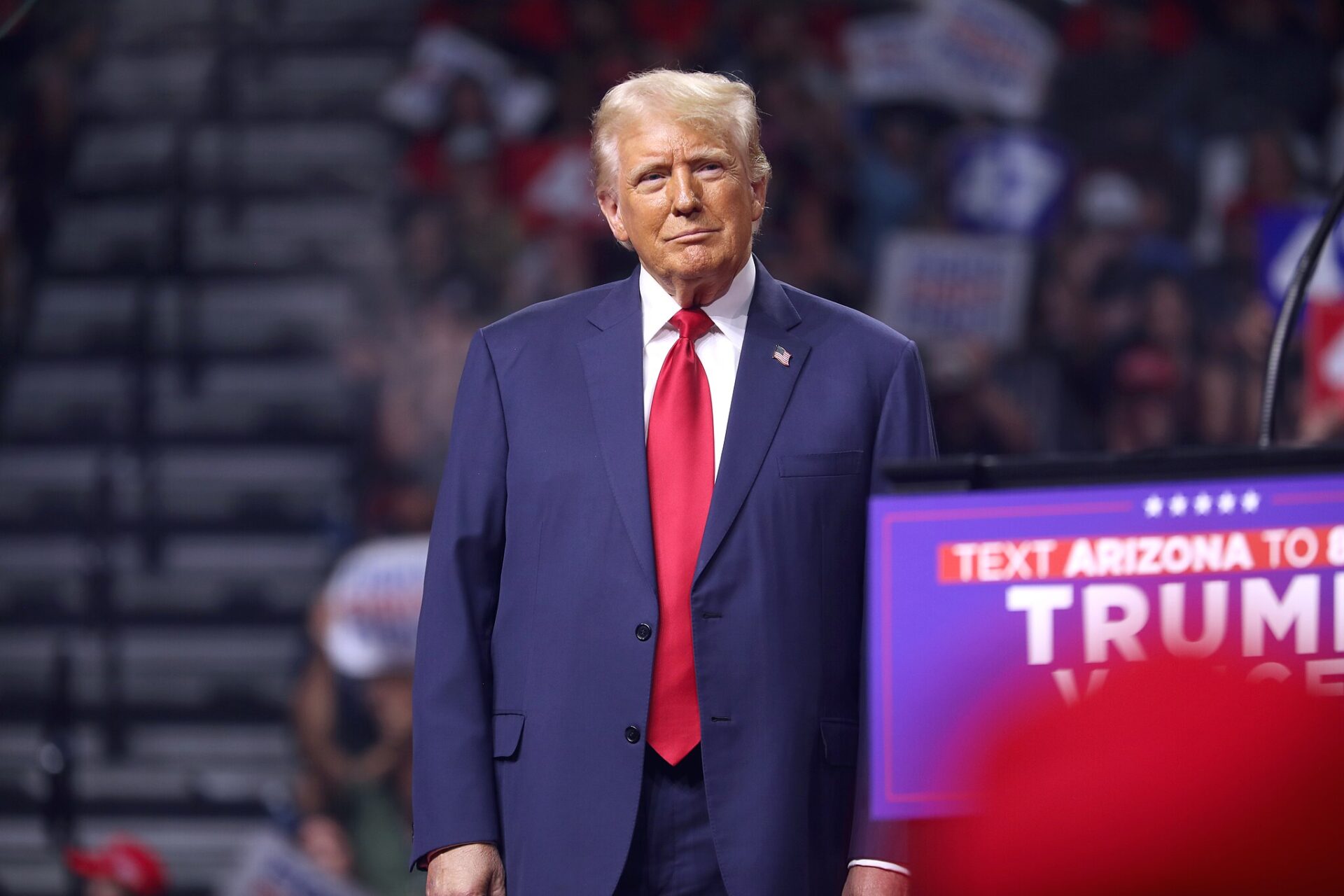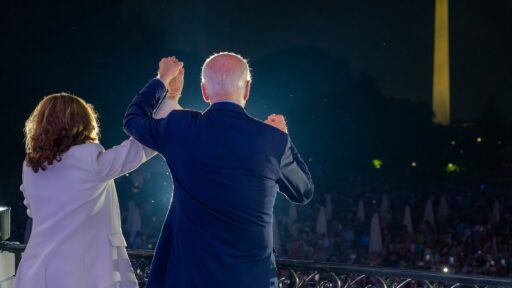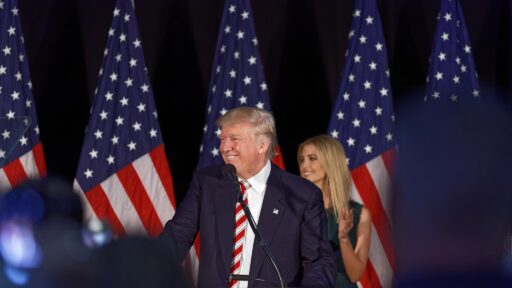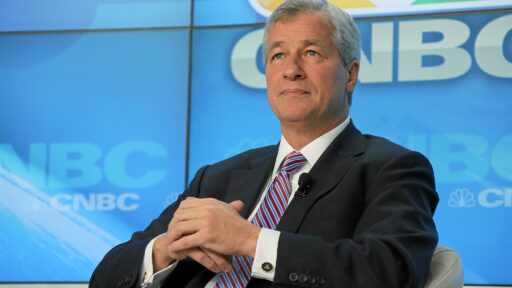Jack Smith is refusing to back down.
Prosecutor Jack Smith has recently invoked Justice Amy Coney Barrett’s statements to bolster his case against former President Donald Trump, claiming he should be held accountable for alleged election fraud. This situation is particularly notable given that Barrett was nominated to the Supreme Court by Trump himself.
In a surprising twist, Barrett diverged from the court’s majority opinion, suggesting that certain actions taken by Trump during his presidency could indeed be classified as private conduct, which would not fall under the protections of presidential immunity. Her analysis, delivered in the Supreme Court’s July 1 ruling, has now been cited by Smith to argue that Trump’s behavior surrounding the 2020 election could be subject to prosecution.
Barrett explicitly stated, “The defendant’s conduct with respect to the elector scheme is inherently private, and not subject to immunity.” She argued that distinguishing between private and official conduct can be complex but is essential. In her view, Trump’s alleged attempts to organize alternative slates of electors were private actions, devoid of any official presidential capacity.
While Barrett aligned with the majority regarding Trump’s broad immunity, she notably disagreed when it came to his actions that could be interpreted as private. This distinction is crucial for Smith, who has been compelled to present evidence in line with Barrett’s interpretation of the law.
Legal experts have weighed in on Smith’s approach. NYU Law professor Stephen Gillers noted that Smith’s focus appears to rest on Trump’s behavior as a candidate rather than as a sitting president. He asserted that the president does not possess the authority to unilaterally dictate the outcome of elections. Gillers emphasized that many of the allegations relate to Trump’s activities on January 6 and his communications with state officials, asserting that these interactions should be viewed as personal rather than official.
Furthermore, former federal prosecutor Neama Rahmani highlighted that Smith is concentrating on Trump’s private conduct to sidestep the challenges posed by presidential immunity. Rahmani stated that to avoid dismissal of the charges, Smith must effectively demonstrate that Trump’s actions were indeed private, particularly his communications with campaign officials and personal lawyers.
The charges against Trump are serious, including conspiracy to defraud the United States and obstruction of an official proceeding, related to alleged pressure on state officials to overturn the 2020 election results. Trump has consistently denied these accusations, framing them as politically motivated attacks designed to undermine his campaign for the 2024 presidential election.
In August, Smith submitted an updated indictment that revised the case to align with the Supreme Court’s guidance on presidential immunity. This latest filing removed charges that pertained to Trump’s alleged pressure on the Department of Justice, recognizing that those actions could be classified as official conduct.
As this legal saga unfolds, it raises critical questions about the intersection of political actions and legal accountability. For many in the Republican base, this situation is a poignant reminder of the political polarization that shapes our legal landscape. Whether one views these developments as justice or a political witch hunt may depend largely on one’s perspective on Trump’s presidency and his ongoing influence in the Republican Party.


